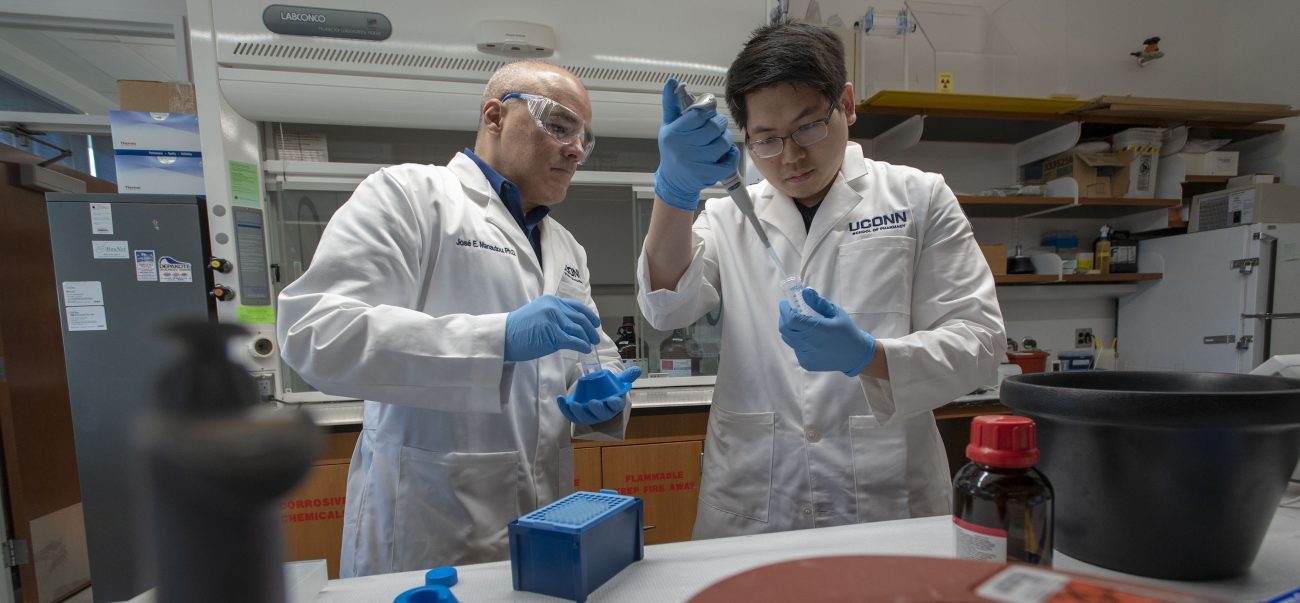The American Society for Pharmacology and Experimental Therapeutics Fellows Program (FASPET) is a distinguished program that recognizes exemplary individuals for their pharmacological advancements. Recipients of this honor have made valuable contributions to the community, conducted notable scientific research, or have acted as a mentor for others. In addition, FASPET recognizes active and devoted members of the ASPET organization who participate in committees, scientific meetings, editorial boards, and volunteer.
ASPET is a 4,000 person society in which members work towards making scientific and therapeutic advancements in pharmacology. Members of ASPET work in a variety of fields such as toxicology, chemical biology, pharmacy, cardiovascular science, and more. The organization’s overarching goal is to create a safe and effective therapeutic for every disease.
This year José Manautou, Department Head of the School of Pharmacy Pharmaceutical Sciences department, Professor of Toxicology, and former Assistant Dean of Research at the School of Pharmacy, was granted this esteemed honor. Manautou received this recognition because of his positive impact on both the pharmacology and toxicology fields. Throughout Manautou’s career, he has published over 200 research articles, abstracts, and commentaries, among other reports. Manautou’s research has been beneficial for the pharmacology discipline. Early research studies he conducted involved evaluating mechanisms of hepatoprotection. Using acetaminophen as a model hepatotoxicant, Manautou was able to demonstrate the ability of peroxisome proliferators to protect against drug-induced liver injury via PPAR-alpha signaling.
In 2002 Manautou completed a sabbatical leave at the University of Amsterdam where he demonstrated the critical role of MRP transporters in the elimination of acetaminophen and diclofenac glucuronide conjugates from the liver. This work was published in Drug Metabolism and Disposition and Hepatology. Recently, Manautou has taken part in research that evaluates the interplay of adipocytes and hepatocytes with particular attention on the role of MRP4 in non-alcoholic fatty liver disease, adipogenesis, and liver regeneration. In addition to his research, Manautou is co-Editor-in-Chief of the journal Current Opinion in Toxicology, is an educator in both the professional Pharm.D. and Ph.D. programs at the School of Pharmacy, and mentors a diverse group of undergraduate students at UConn.
In addition to Manautou’s contributions to the disciplines of pharmacology and toxicology, he has also been an active member of ASPET since 2008. Manautou has participated in three National Academy of Sciences, Engineering, and Medicine committees, one being the safety and efficacy of compounded bioidentical hormones. He was also a member of the National Institutes of Health (NIH) Xenobiotic and Nutrient Disposition and Action Study Section, NIH College of CSR Reviewers, the National Institute of Environmental Health Sciences Board of Scientific Counselors, chair of the Health and Environmental Sciences Institute (HESI) Emerging Issues Committee. Manautou is also a past member of the National Advisory Environmental Health Sciences Council and the Food and Drug Administration’s Nonprescription Drugs Advisory Committee. He is the current President of the International Union of Toxicology and an active member of HESI Board of Trustees and its Executive Committee.
The 2023 Fellows class will be honored at the ASPET 2024 Annual Meeting in Arlington, VA, May 16-19. Recipients will also be featured on the ASPET website and in the January 2024 issue of The Pharmacologist, ASPET’s flagship magazine.



